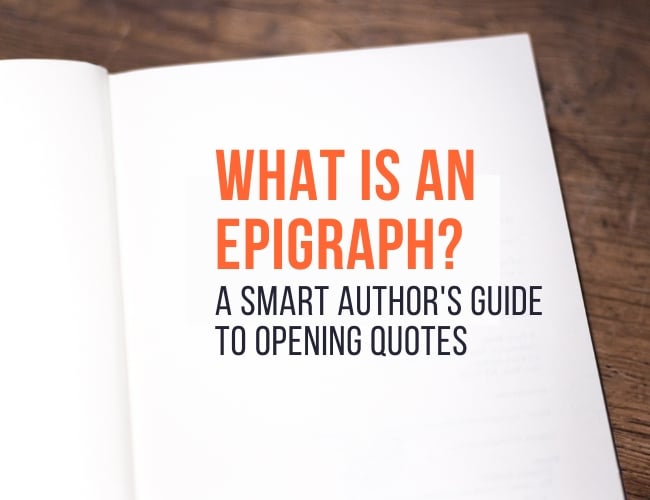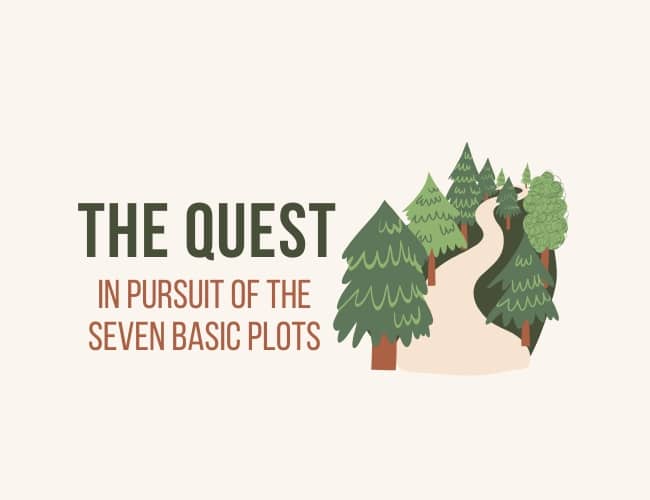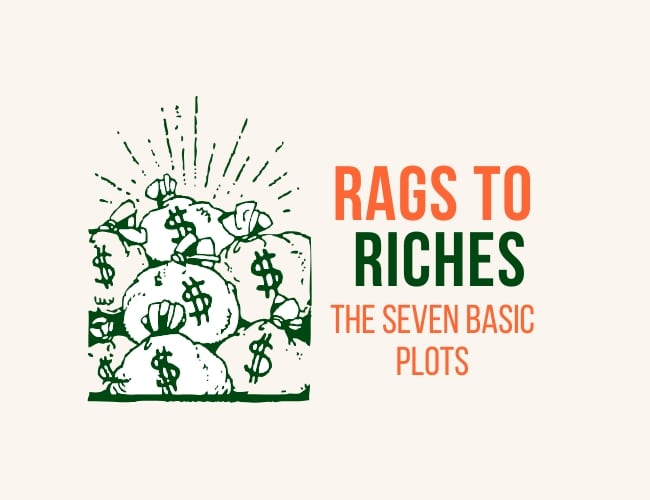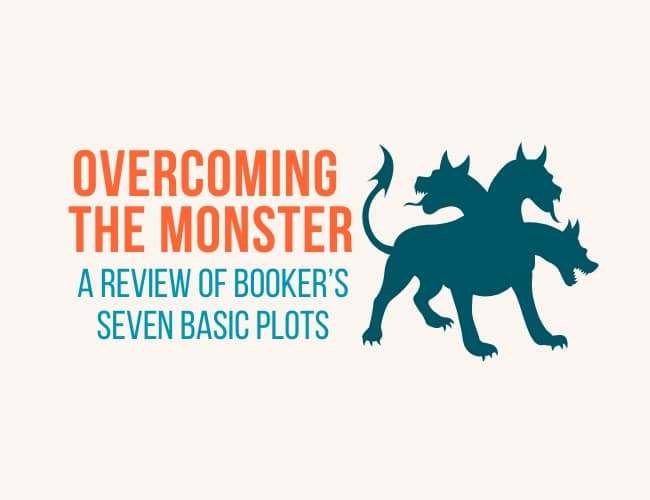
by Liz Bureman and Sue Weems |
If you’ve opened a novel and seen a quote on the opening pages then you’ve seen a literary epigraph. But what are they really? Why do authors use them? And how do you know if you need one for your own work in progress?

by Liz Bureman |
As we continue to look at Christopher Booker’s 7 basic plots, today we turn to the voyage and return. If you’re trying to tell a story with a journey into strange lands on a fantastic voyage, where normal rules might not apply, you may be working with a voyage and return plot.

by Liz Bureman |
Yeah, like you’re going to see a list of plot types that doesn’t include the Quest. The Quest is a search for a place, item, or person that requires the hero to leave home in order to find it. Sometimes the item is just a MacGuffin to drive the plot along; other times the thing driving the quest is specific to the story’s circumstances. Either way, the hero is leaving home to find whatever the heck the story demands, and we get to come along for the ride.

by Liz Bureman |
Everyone loves a success story, especially when it results from years of hard work and the protagonist has struggled from the depths of despair. This story type is so beloved, that it is Charles Booker’s second plot type of seven: Rags to Riches.

by Liz Bureman and Sue Weems |
Christopher Booker published The Seven Basic Plots in 2004, and he argues that all stories told in any medium can be categorized into one of seven archetypes. Today, we’re covering the first plot: Overcoming the Monster. Read on to see if this archetype can help you write a better story.







